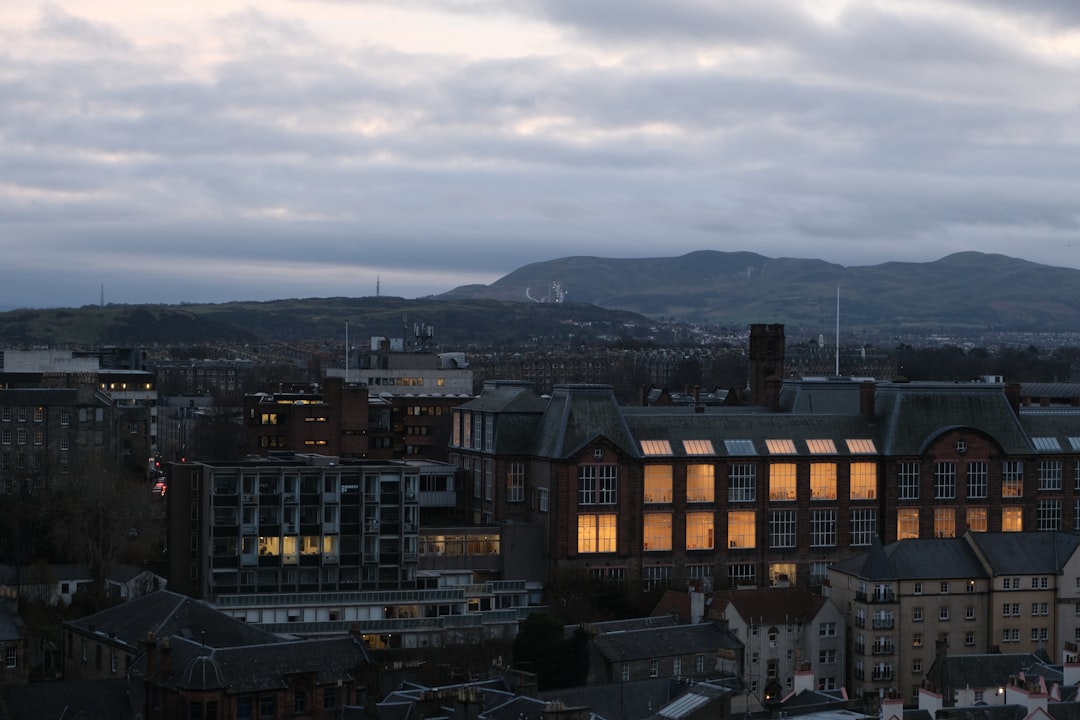Back in 2007 comedian Susan Murray phoned me up with a question.
She was just arranging a new mortgage and she wanted to know where I thought interest rates were going. Should she get a fixed or a variable rate mortgage?
I couldn’t make that decision for her, of course. But I could see there were underlying problems with the economy – quite serious ones – so the safest option, if there was affordable, seemed to be a fixed-rate mortgage. In the event something goes seriously wrong in the broader economy, at least she was protected against spiralling interest rates.
Susan went and fixed her mortgage at 6%. Turns out it was pretty much the top of the market for mortgage rates. They duly plunged as central banks slashed rates and then printed money following the financial crisis. She’s never forgiven me.
“Cost me a ruddy fortune that bloke” she always complains whenever my name comes up.
Cheaper mortgages mean more expensive houses

I may have seen 2008 coming – I was such a gold bug at the time – but I did not foresee quantitative easing nor the extent to which interest rates would fall. Money got so cheap.
By September 2021, barely a year ago, you could get a five-year fixed rate deal for 1.3%. It seems inconceivable today that money could be so cheap. To be fair, it seemed almost inconceivable at the time. No wonder everyone levered themselves up the eyeballs.
I have long argued that, more than anything, it is cheap money that has driven up house prices.
Everywhere you look the standard solution to unaffordable housing is that we need to build more, especially in and around London. But London has been a building site for a decade or more. Goodness knows how many new build flats there now are, but all that new build hasn’t brought prices down.
As I’m forever quoting: between 1997 and 2007 the housing stock grew by 10%, but the population only grew by 5%. If house prices were a function of supply and demand, they should have fallen slightly over this period. They didn’t. They rose by more than 300%.
Then you see that mortgage lending over the same period went up by 370% and you quickly realise it was newly created money that pushed up prices in a decade of loose lending, which gave birth to the national obsession that is house prices. Houses were no longer places to live, but financial assets.
If you introduce new debt into a market, the higher prices will go. Look at student loans.
Mortgage lending doubled again in the ten years from 2009 to 2019 and house prices rose by over 50%.
Cut off the tap that is cheap money, and house prices will quickly come to levels concomitant with earnings. The two have long since been distant friends.
In 1995 the house price to income ratio was below three – even in London it was only just above. Now it’s seven. The average house is seven times average income. In London it’s 11. And we wonder why families have got so small.
Are interest rates only going one way from here?
With inflation spiralling, bond rates rising and the US dollar spiking, money is suddenly not so cheap any more. And it’s getting more and more expensive. The UK is not alone in this, by any means, but the problem is more acute here because our economy is so geared to house prices.
The Bank of England has made an absolute mess of protecting the currency, declaring it will not hesitate, while hesitating. Rather like the way it broadcast its gold sales to the market between 1999 and 2002, thereby sending the gold price to all time lows around $250/oz, so it is now broadcasting its gilt sales and quantitative tightening – and it has sent that particular market plunging too.
The announcement sparked the sharp sell-off in gilts that began the day before Chancellor Kwasi Kwarteng’s mini-Budget. It’s as though the two departments – the Treasury and the Bank of England – don’t coordinate.
The trigger may have been the Bank of England’s announcement, or Kwarteng’s budget. Whatever. The cause is over ten years of QE, zero interest policies and all the rest of it.
It’s interesting through. At the first signs of panic, they started printing again. That tells us where they will go.
Yesterday morning I would have said that interest rates can only going to go one way, and that means the cheap money taps that drive house prices to such unaffordable levels are now being turned off. Lenders clearly felt the same way. I gather over 900 mortgage products were removed from the market in under 24 hours. Smashing the record around 400 set during the Covid panic.
But then the Bank of England started printing again.
The UK housing market, particularly in and around London, has been an irrational, insatiable monster for decades. Anyone who calls the top has ended up with egg on their face. But we are levered up to the eyeballs.
It’s not just a matter of no more cheap money coming in. There is also the other side of the coin, something I remember from 1989-1993. People can’t make their interest payments, so they start to sell. If house prices come down 10% or 15%, it’s often the case that the house becomes less valuable than the debt – negative equity strikes.
I really like Kwarteng’s Budget. I think he has made the right choices. Cutting taxes is good. But a falling housing market, no matter how much growth there is elsewhere, will see the Tories kicked out at the next election. How do they prop up the housing market without cheap money?
I’m sure they’ll find a way. They always do. Or will they?
If you are worried about what is going on and want to buy physical gold or silver, my recommended bullion dealer is the Pure Gold Company with whom I have an affiliation deal. More here. My guide to buying bitcoin is here:
Thank you to all those who came to my lecture with funny bits, How Heavy?, last night. What a great evening. Next West End show is November 23 at Crazy Coqs - that’s not a lecture, but me and the band with lots of unacceptable songs. Tickets here.
This article first appeared at Moneyweek.













